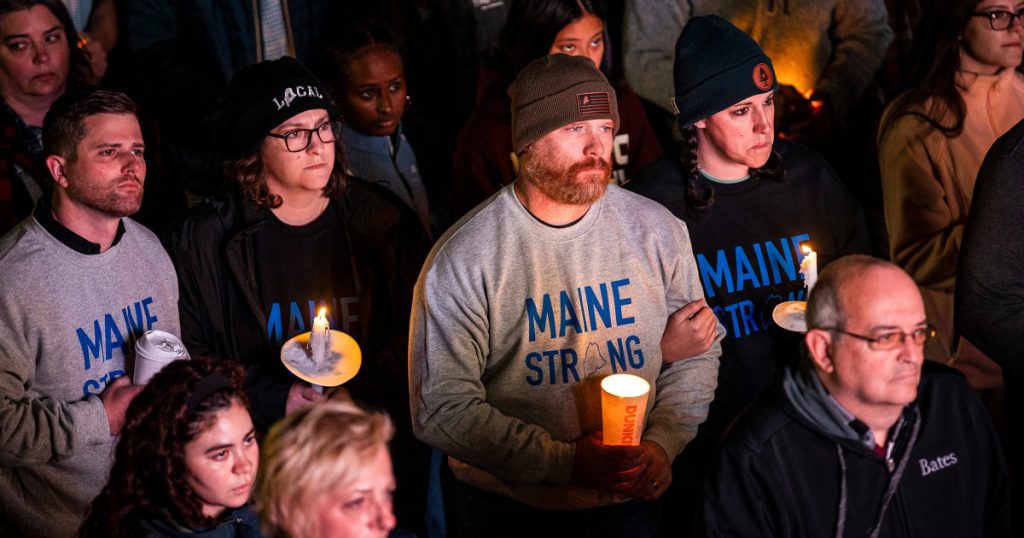An Army reservist who committed a mass shooting in Lewiston, Maine last fall had been held in a psychiatric hospital less than three months prior to the incident. A subsequent internal military report revealed multiple errors and failures by his unit in handling his case. Three officers were found to be derelict in their duties and disciplined, preventing them from further military advancement. The report highlighted communication missteps and missed procedures that could have prevented the shooting. The report also criticized local law enforcement for not conducting a more extensive check on the shooter’s welfare prior to the attack.
The shooter, a 40-year-old Army reservist, was found dead by suicide after a two-day manhunt following the mass shooting. Concerns about his mental health had been raised by his family, who revealed that he had been hearing voices and exhibiting paranoia prior to the incident. In July, he had been hospitalized in a psychiatric unit for two weeks following an incident where he shoved another reservist and displayed homicidal ideations. Despite recommendations for his discharge from the military due to his mental state, his unit failed to conduct necessary investigations and failed to communicate critical information regarding his diagnosis, prognosis, and discharge instructions.
At a state independent commission meeting, the shooter’s family testified that they believed he may have had a severe traumatic brain injury stemming from his service as a hand grenade training instructor. They had tried to involve local law enforcement to check on him at his home where he kept weapons, indicating that they saw him as more of a danger to himself than to others. Following the shooting, the family donated his brain to a research center, which found evidence of a traumatic brain injury that could have contributed to his actions. However, the Army’s report suggests that his military records do not indicate significant brain trauma during his service, suggesting that any brain-related injury was not related to his military duties.
The Army’s report recommended improving communication between medical agencies and a soldier’s chain of command to better handle cases involving mental health issues. While the shooter’s unit did take steps to address his deteriorating mental health, such as prohibiting him from accessing weapons while on duty, there were significant failures in following proper procedures and documenting his condition. The report acknowledged that had local law enforcement conducted a more thorough welfare check on the shooter prior to the attack, the shooting and suicide could have been avoided.
The report indicated that the Walter Reed National Military Medical Center is assisting in determining the motivation behind the mass shooting through a forensic analysis of the shooter’s life. Despite efforts to understand the factors contributing to the shooting, including potential brain injuries and previous mental health issues, the investigator concluded that it was impossible to determine by a preponderance of evidence what caused the shooting. The investigation highlights the need for improved protocols, communication, and procedures to prevent similar incidents in the future and to ensure proper handling of mental health issues within the military.


